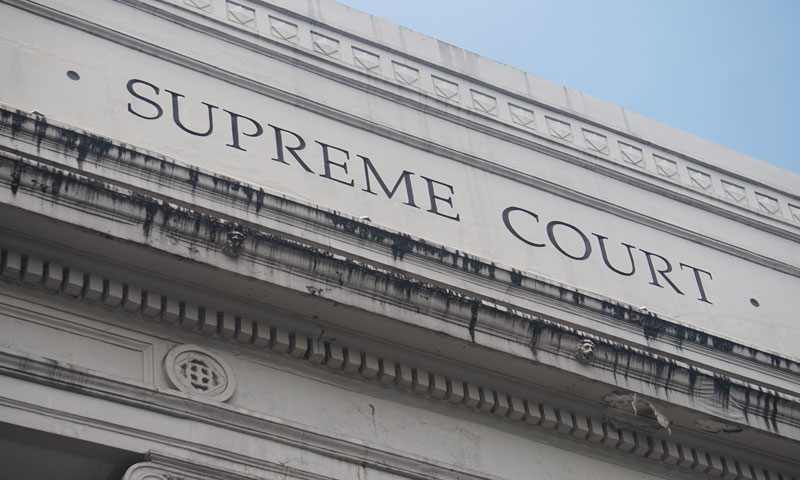Prominent law firm Williams & Connolly, based in Washington, D.C., is embroiled in a nearly $8 million legal malpractice claim filed by former real estate investor clients. The ex-clients have accused the firm of providing negligent legal advice, leading to severe repercussions in a casino development project on Seminole Tribe land in Florida. A U.S. magistrate judge in Brooklyn federal court, Taryn Merkl, delivered a crucial 36-page report, recommending the rejection of Williams & Connolly’s claim that there are no disputed facts in the case.
The dispute centers around a $7.8 million judgment that Williams & Connolly secured for the real estate investor clients, Robert Toussie and his brother, which forms the core of the ongoing litigation. The case is a matter of contention over the legal advice offered by the firm regarding whether to settle the judgment or pursue enforcement of the damages award.
According to Merkl’s report, Williams & Connolly failed to demonstrate that the plaintiffs cannot prove essential elements of a legal malpractice claim. The judge’s analysis opens the possibility for the case to proceed to trial, pending a decision by U.S. District Judge Diane Gujarati.
See also: DLA Piper Prevails as Judge Recommends Sanctions in $180 Million Legal Malpractice Lawsuit
The legal saga began in 2020 when the Toussies filed a lawsuit in New York court against Williams & Connolly and a small law firm, Lupkin, which is also a defendant in the case. Merkl’s recommendation also called for the dismissal of Lupkin’s bid to refute the allegations. However, no response from Lupkin’s attorney was available at the time.
Start hiring the best legal talent today – submit your job openings with BCG Attorney Search.
The crux of the matter revolves around whether Williams & Connolly negligently advised the Toussies about the challenges involved in collecting the judgment as opposed to considering a settlement. The complaint filed by the ex-clients alleged that the firm’s advice caused them to miss a valuable settlement opportunity.
In response, Williams & Connolly contended that they provided repeated warnings to the Toussies about the risks associated with judgment enforcement, emphasizing the possibility of recovering nothing. The firm asserted that the plaintiffs’ portrayal of events was an “entirely false narrative.”
Judge Merkl found the evidence offered by Williams & Connolly thus far to be inconclusive in proving that their advice met the standards of the legal profession, especially concerning complex questions surrounding the case.
As the legal battle continues, the outcome of this high-stakes dispute could have far-reaching implications for both the law firm and the former real estate investor clients. The magnitude of the financial claim highlights the seriousness of the allegations against Williams & Connolly and the potential consequences they may face if found liable for malpractice.
Despite the developments in the case, neither Williams & Connolly nor their representatives responded to requests for comment at the time of reporting. Similarly, the Toussies’ attorney remained silent on the matter.
The case’s progression now hinges on U.S. District Judge Diane Gujarati’s decision on whether to adopt Judge Merkl’s analysis and allow the matter to proceed to trial. Depending on the trial’s outcome, Williams & Connolly may have to defend itself against the claims of negligence and address the alleged harm caused to the former real estate investor clients.
Don’t be a silent ninja! Let us know your thoughts in the comment section below.

































